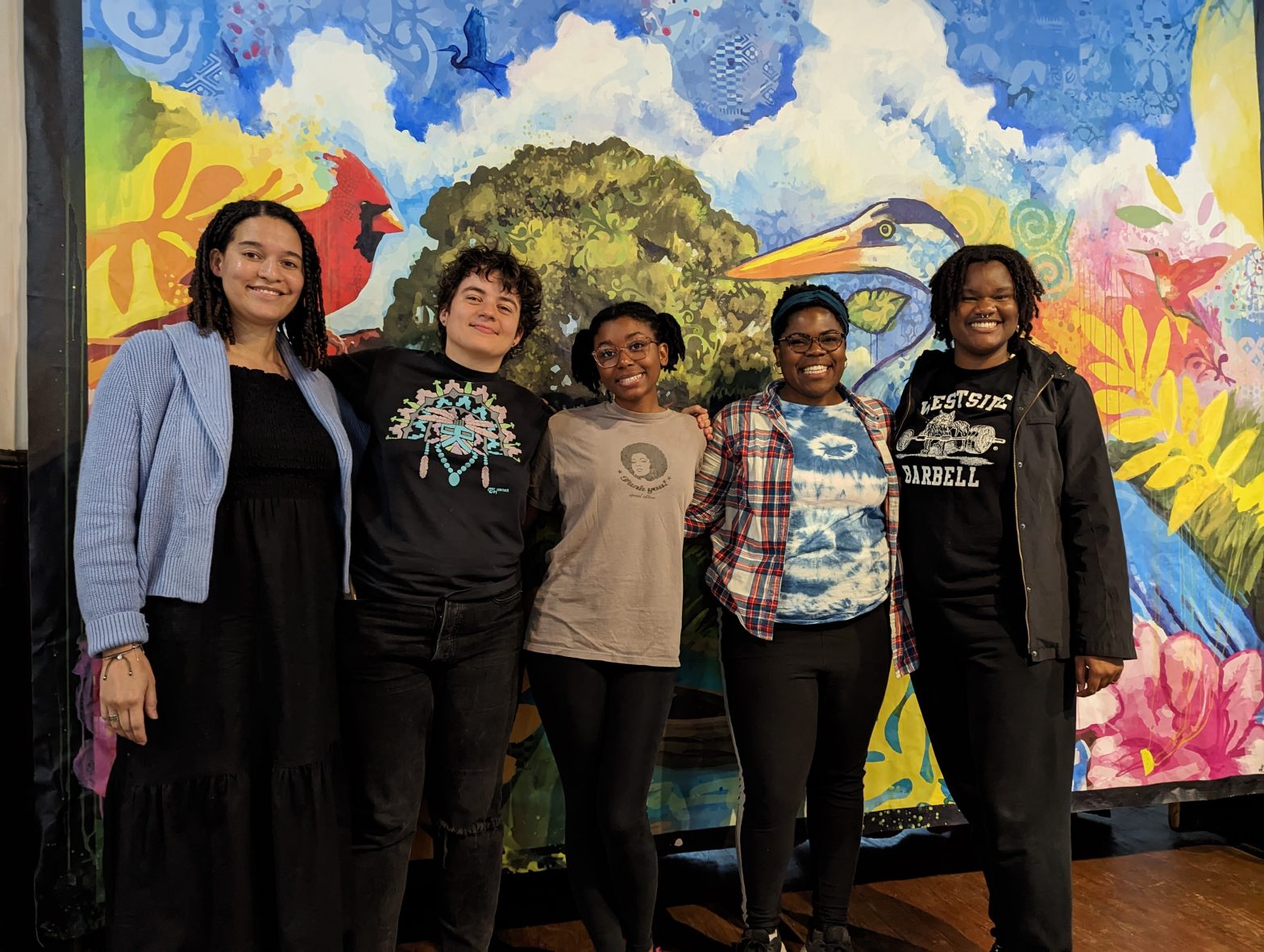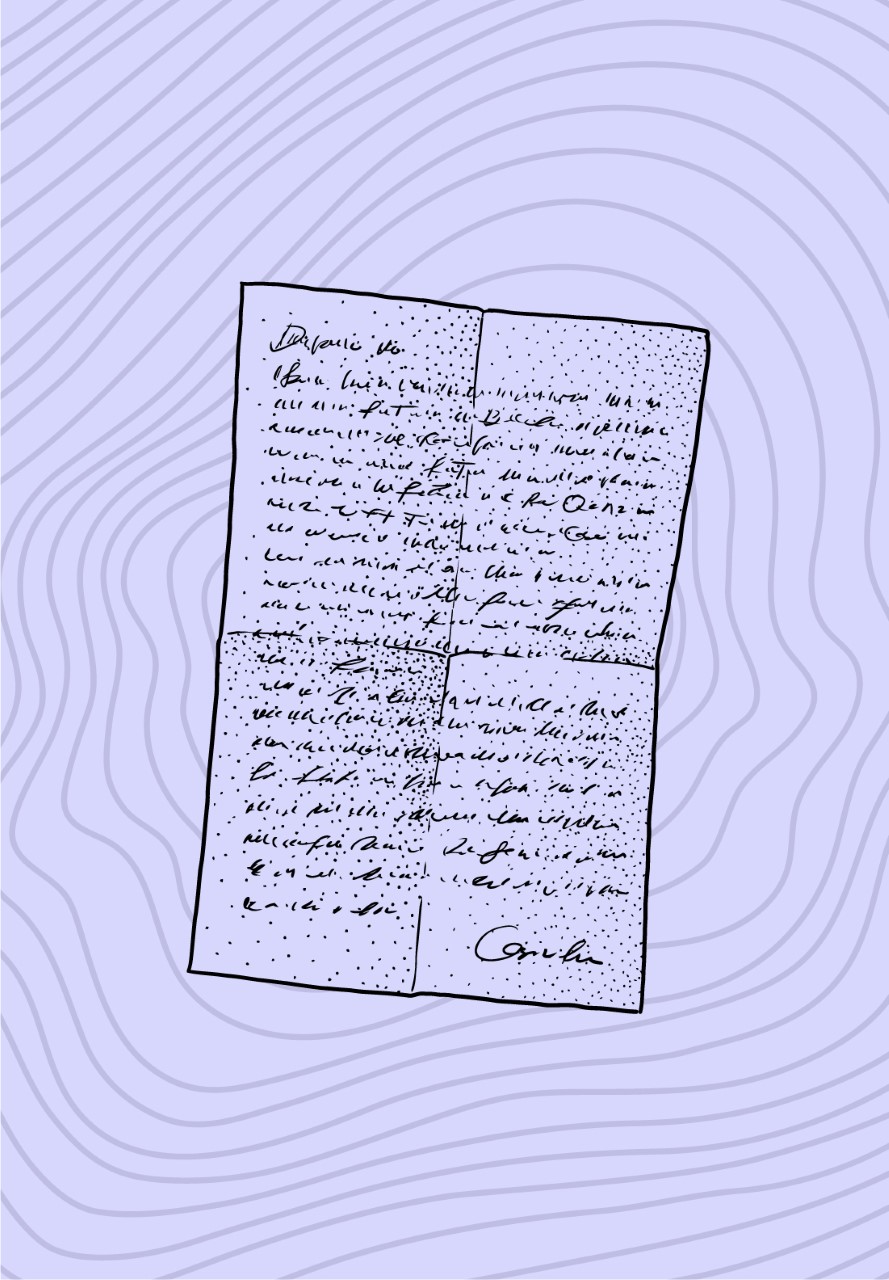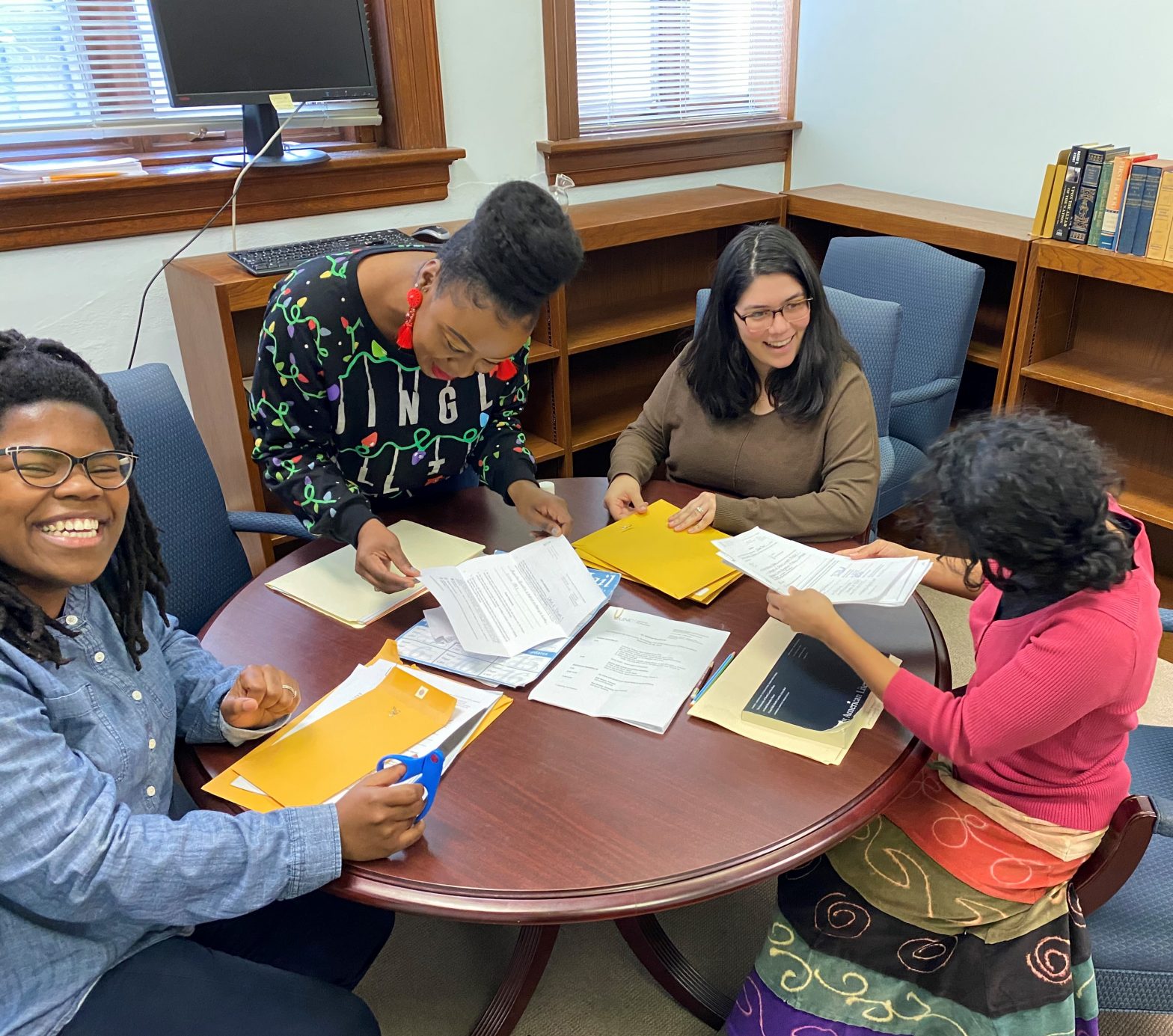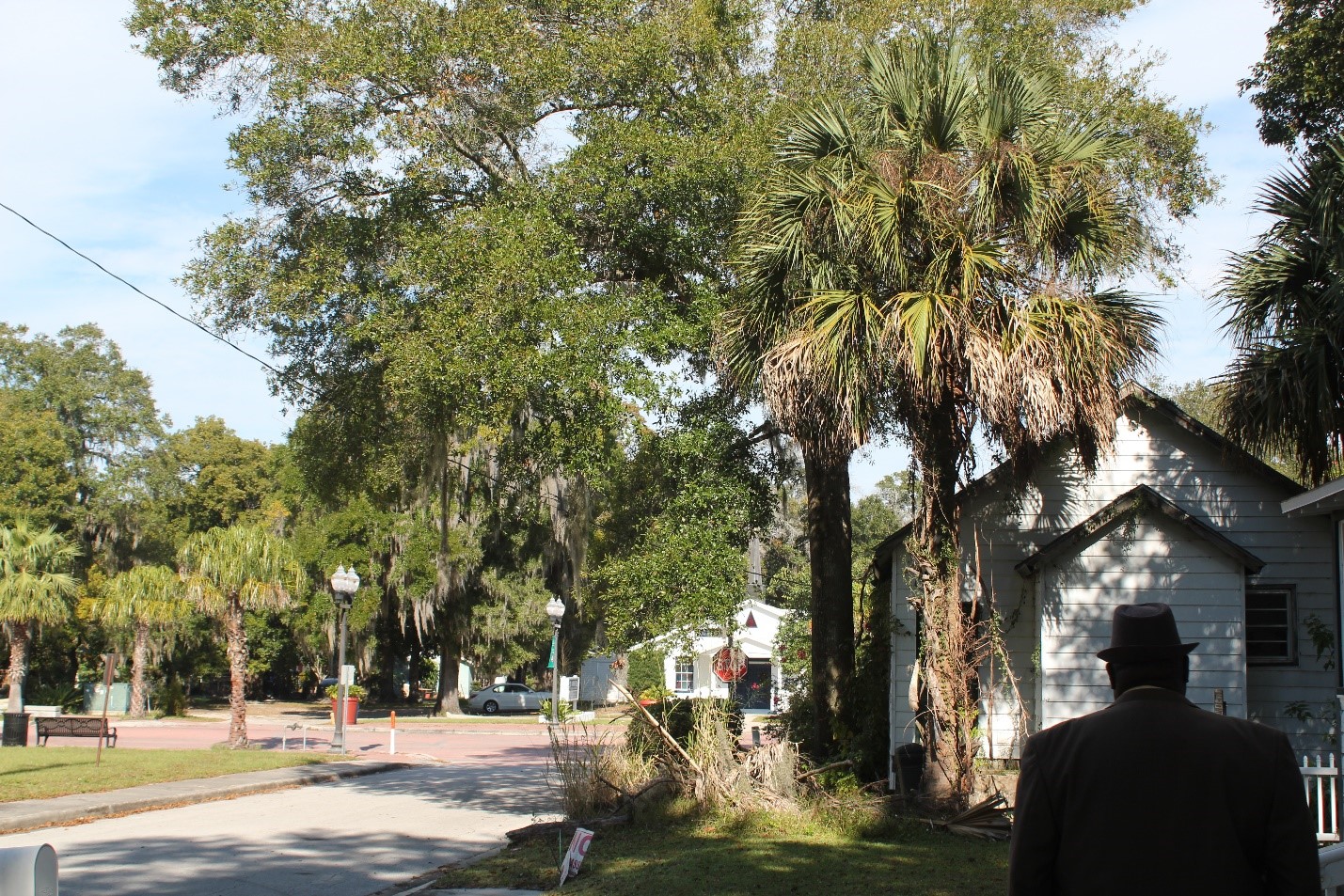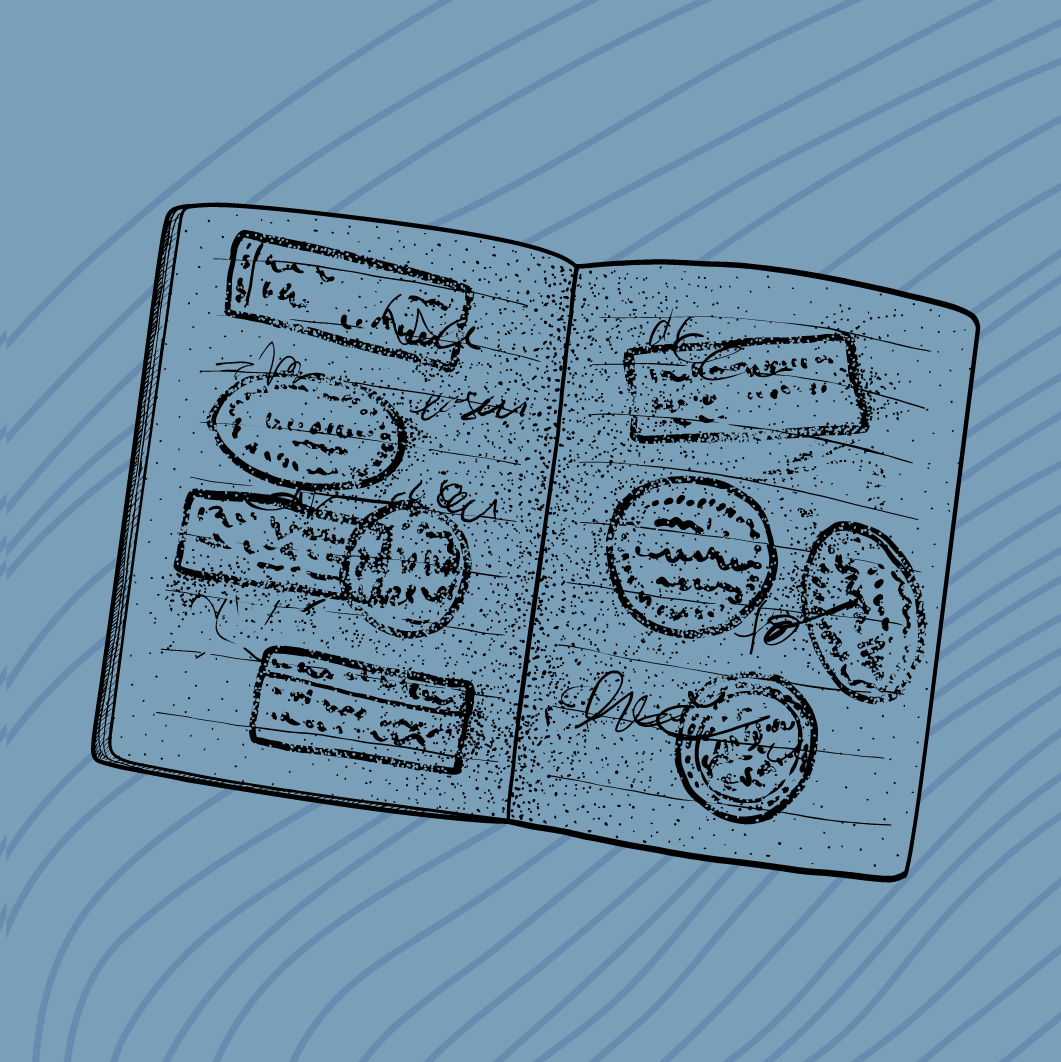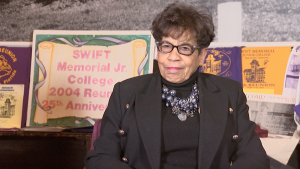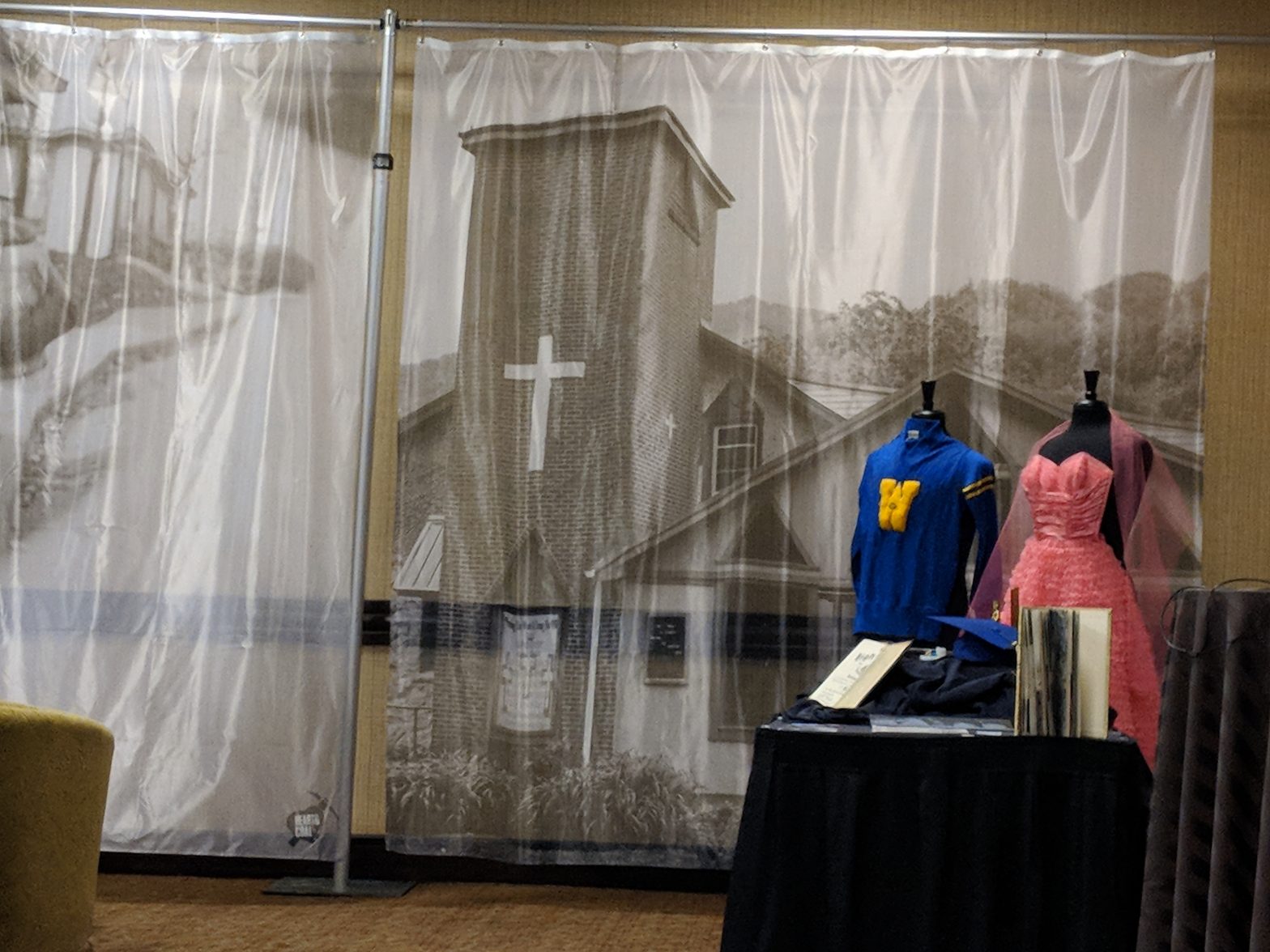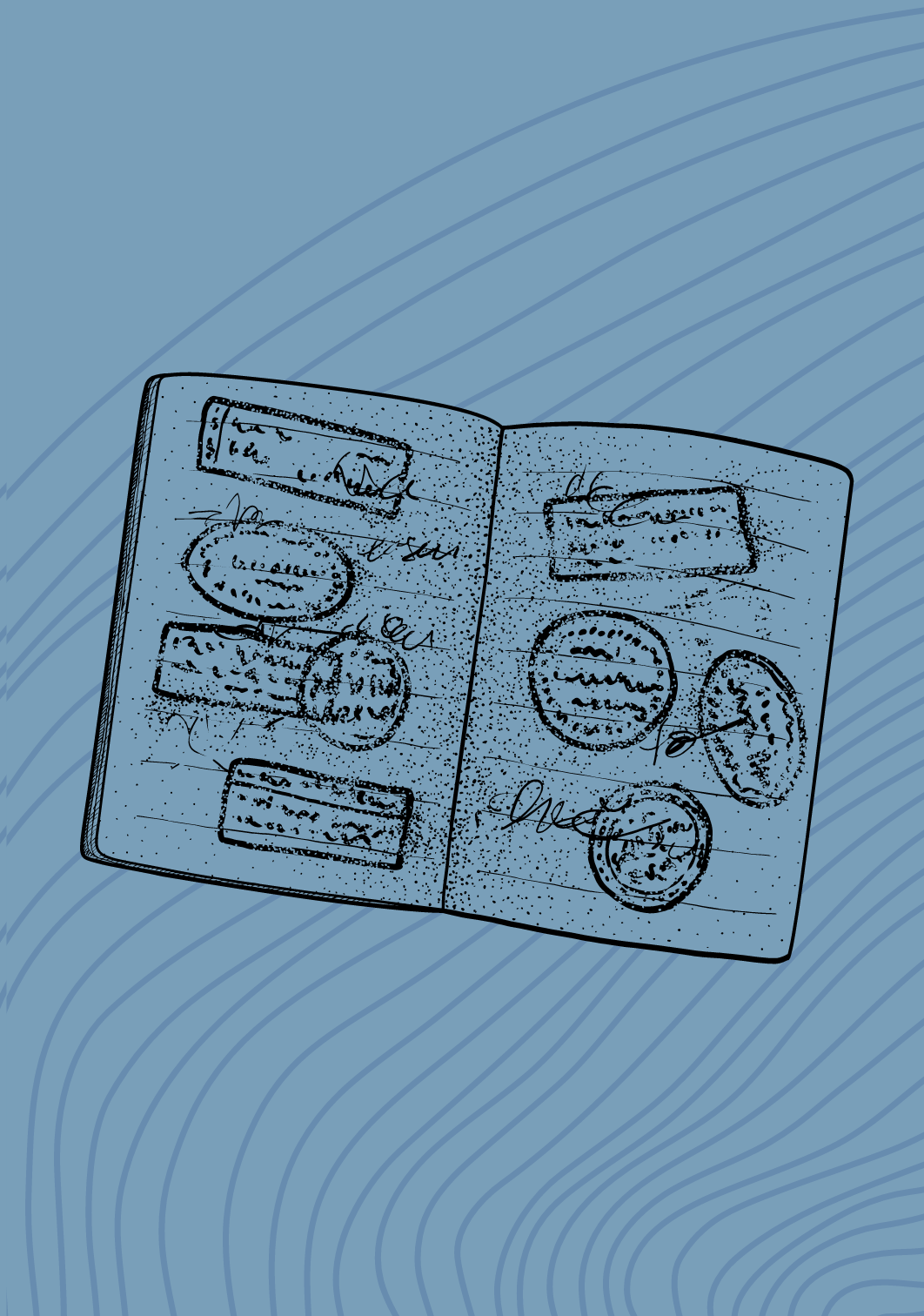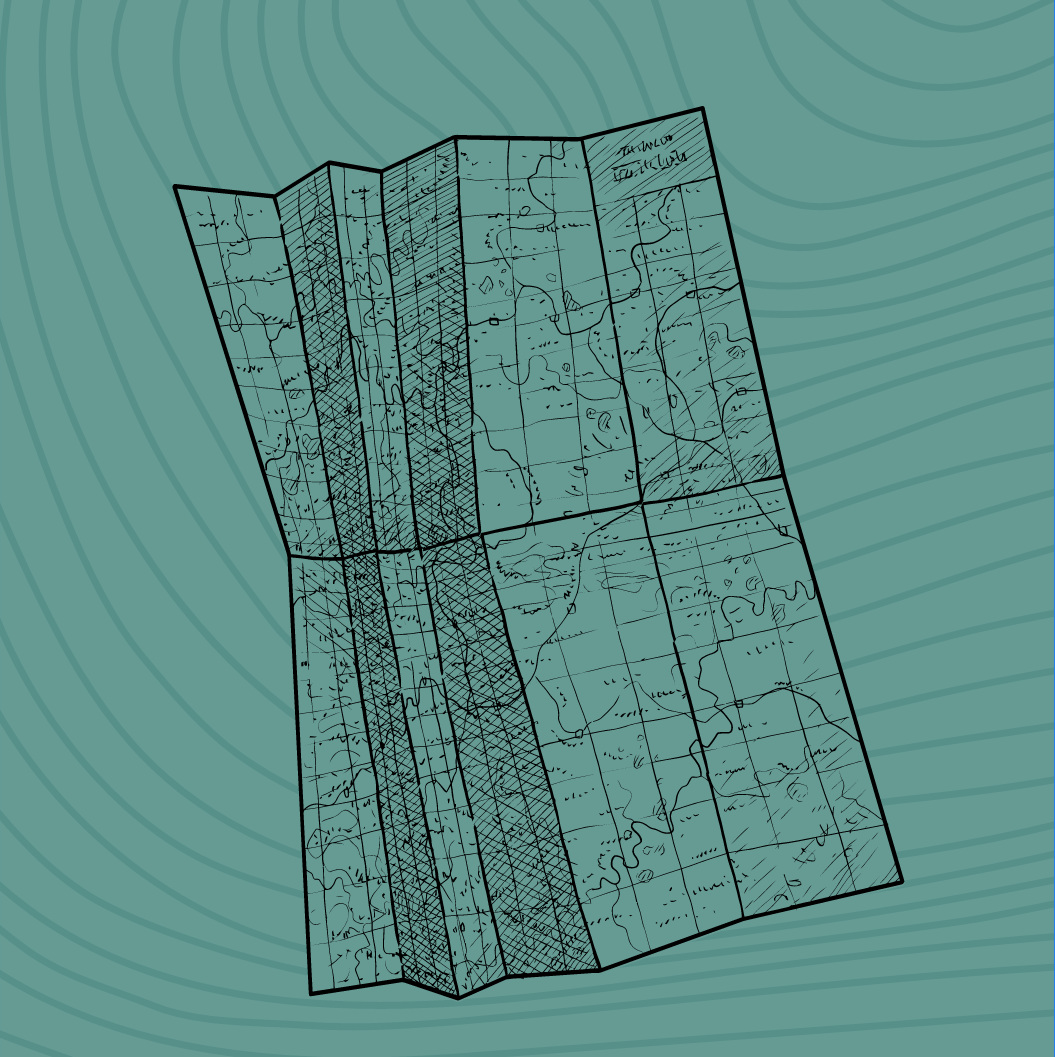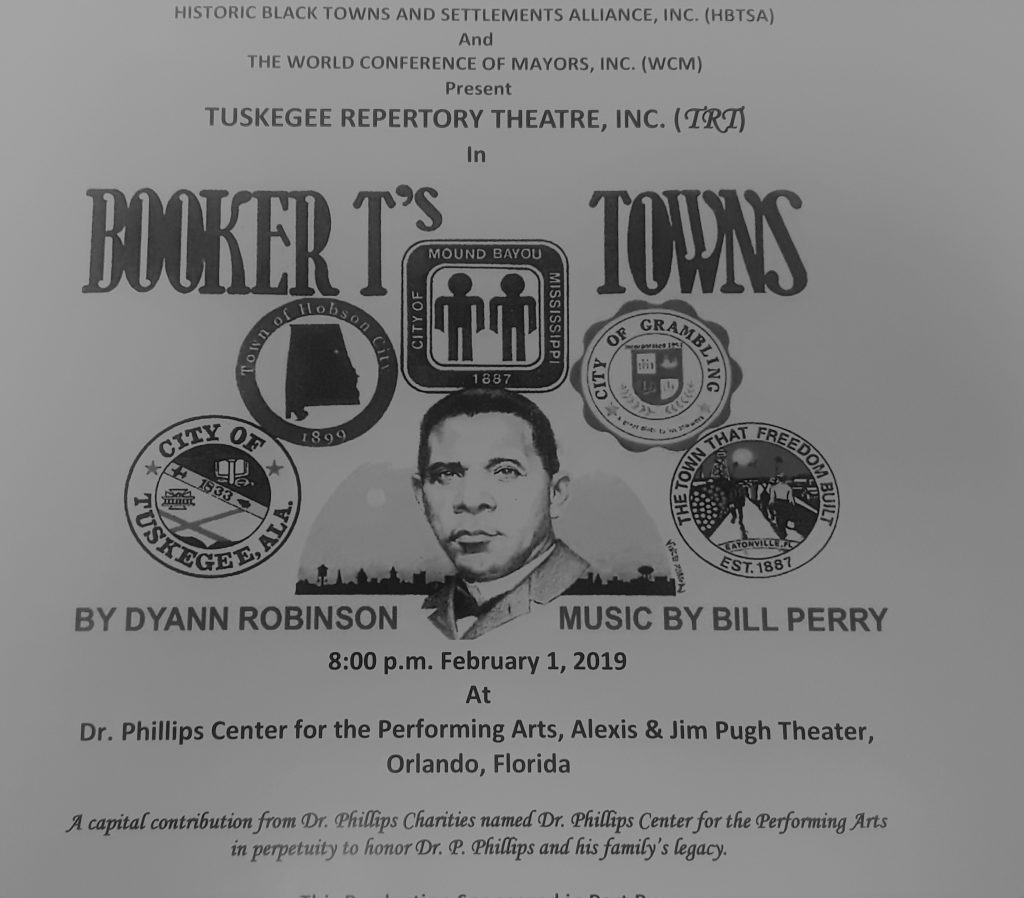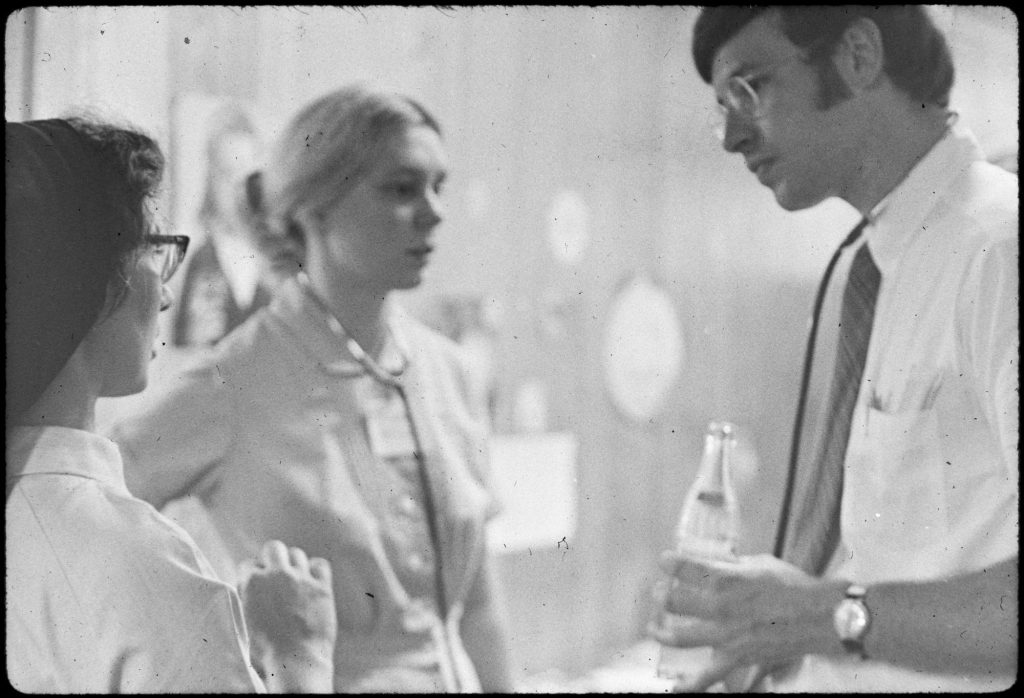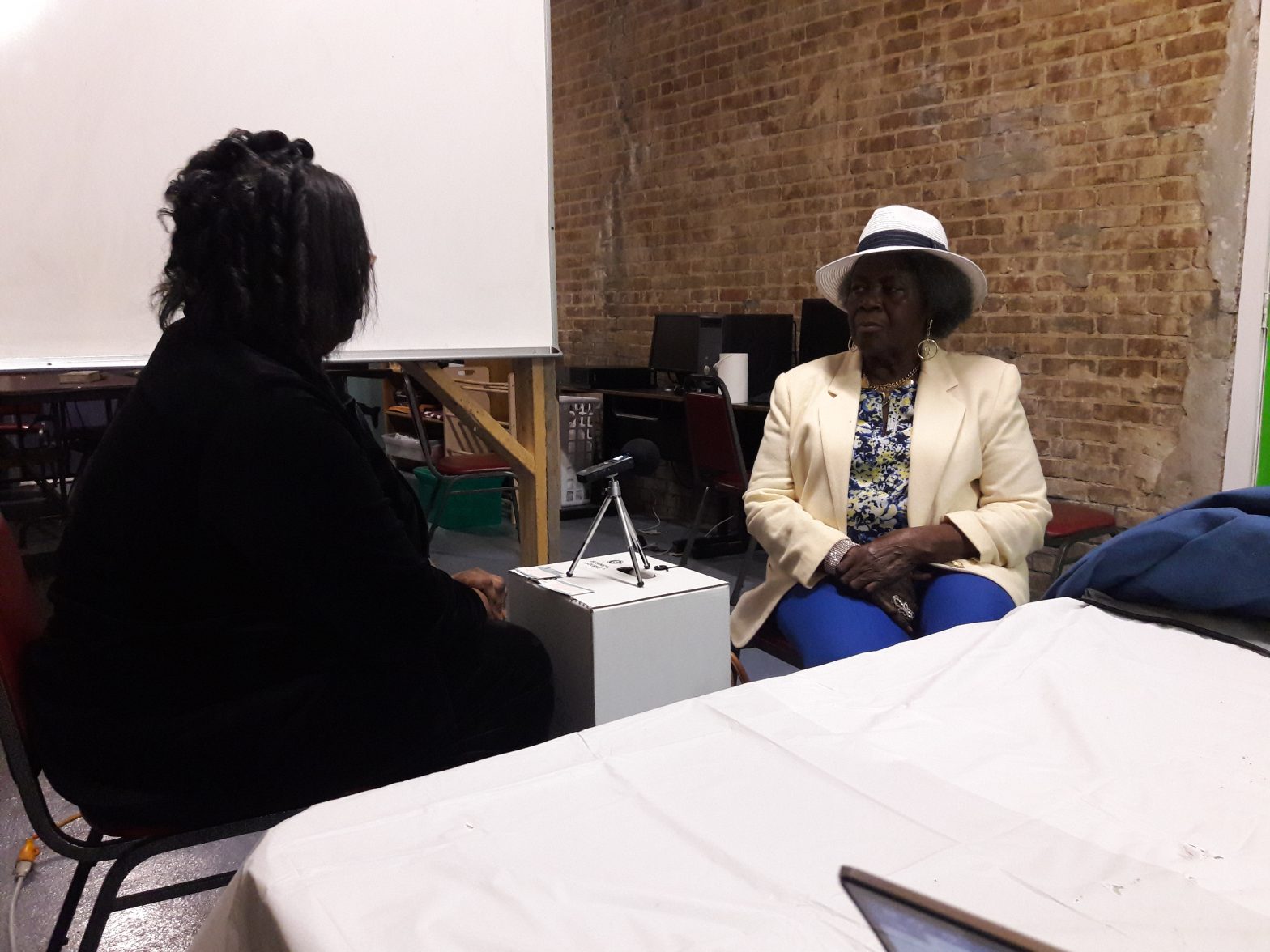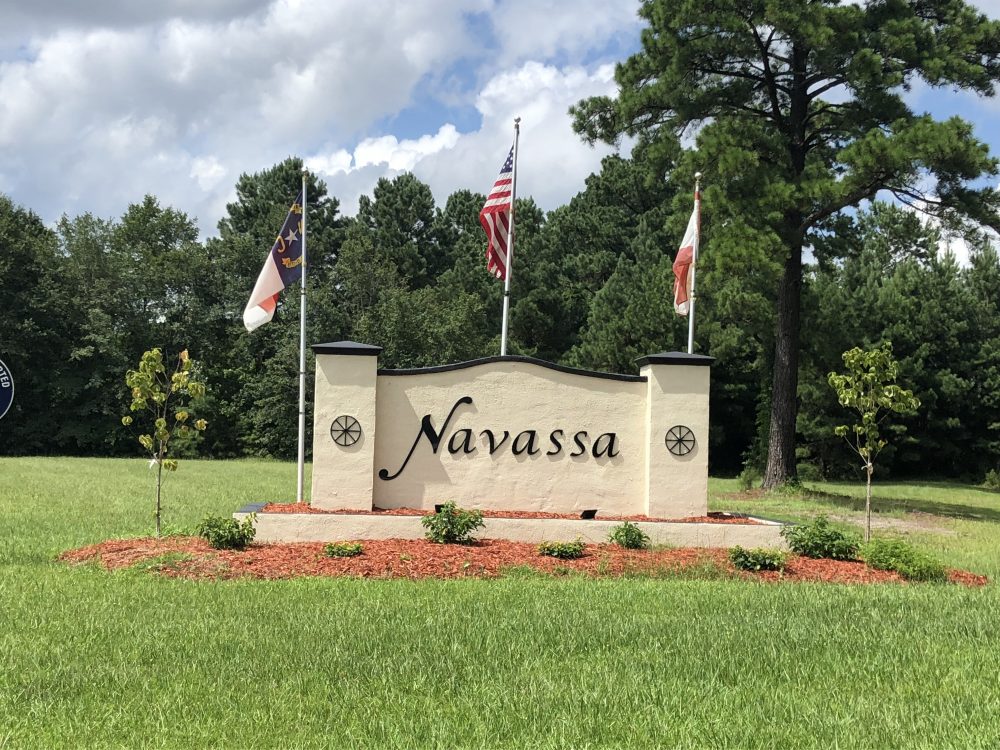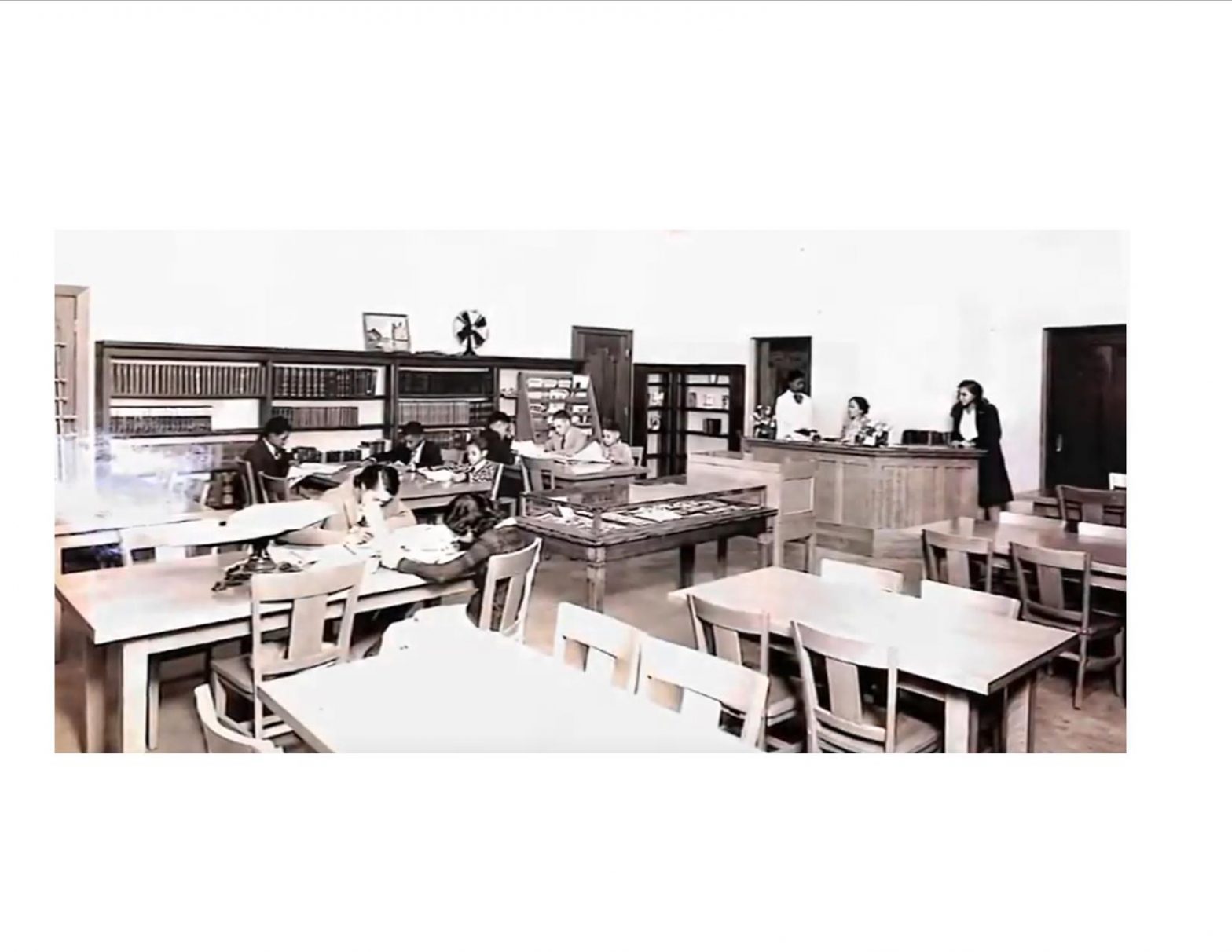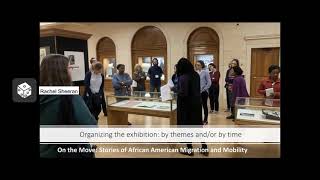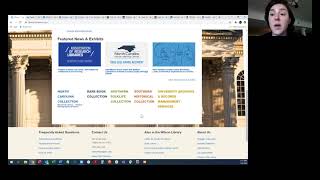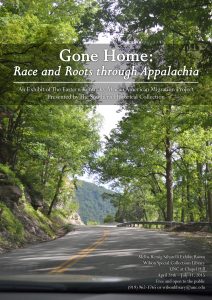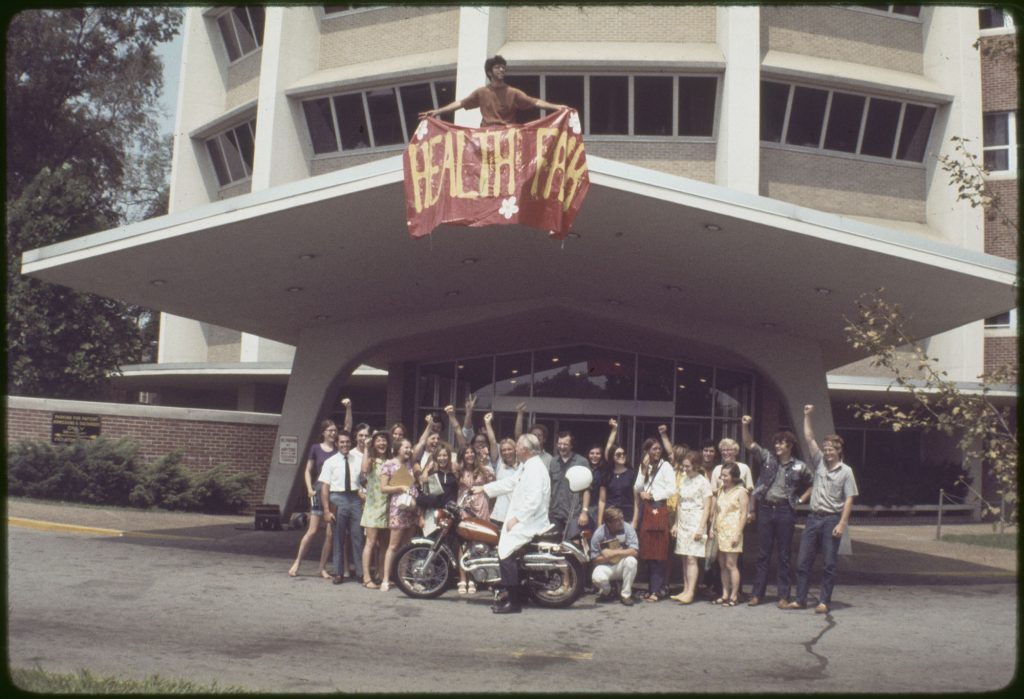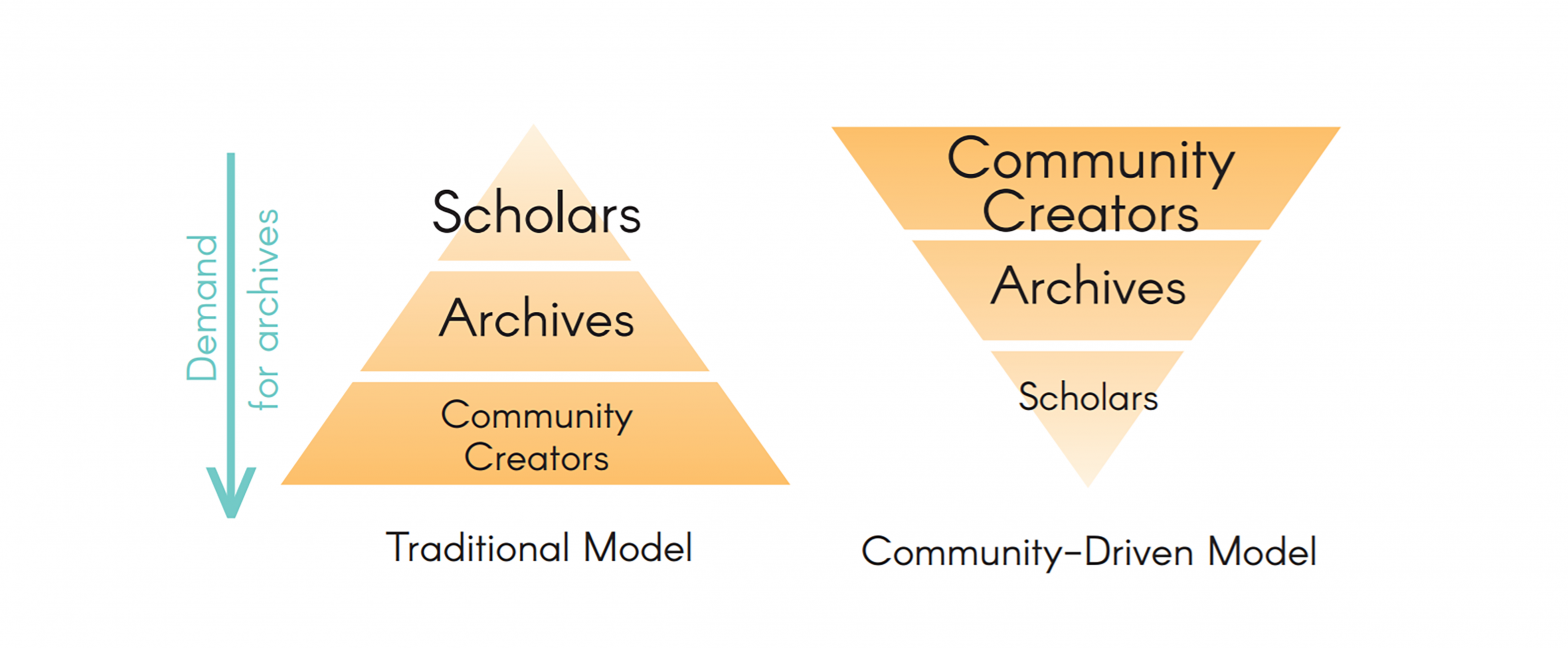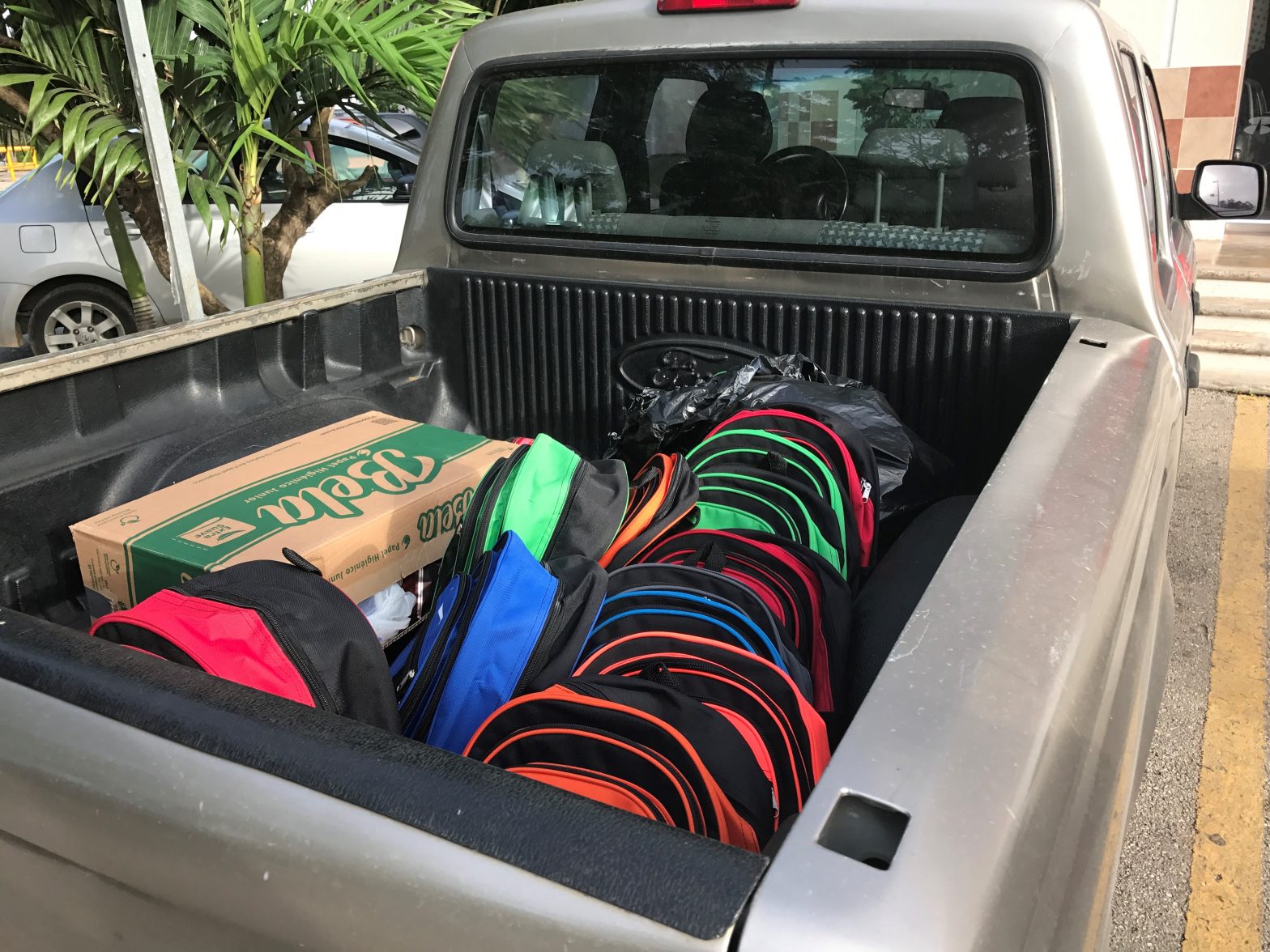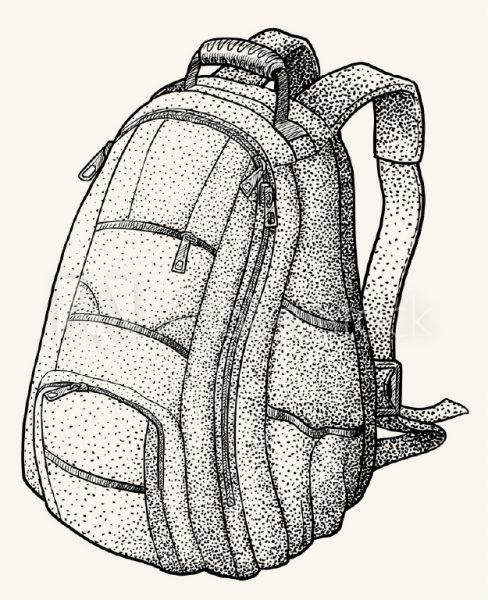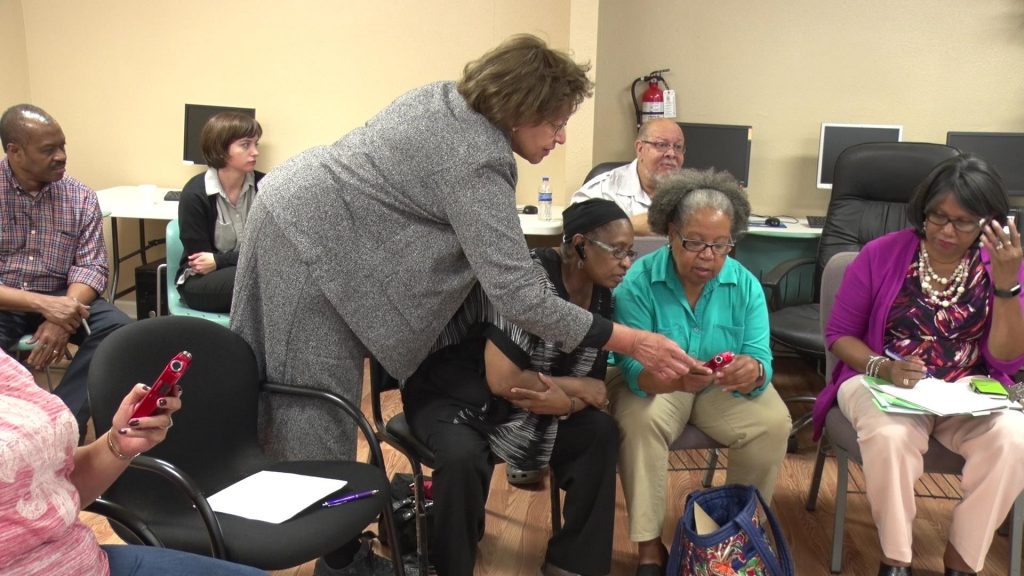How do you introduce students to a place like the Penn Center? This campus on St. Helena Island, South Carolina has transformed over time while retaining the ability to transport visitors to different moments in time: the 1862 founding of Penn School near the end of the Civil War; the 1951 founding of Penn Center… Continue reading Penn Center: A Place, An Archive, A Class
Formats
Visions for a Community-Driven Archive
Now that we’ve concluded the work on our grant, we are identifying ways that our short-term efforts can have a longer-term impact on the University Libraries at UNC-Chapel Hill.
Exploring the Nuance of Community-Driven Archives: A Conversation with Archives Practitioners Jimmy Zavala and Nancy Godoy
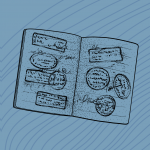
What happens when large research university libraries engage in community outreach around archives and community memory? What should other university libraries know before embarking on community-driven archives projects? What should communities be aware of when they are approached to participate in these types of partnerships? Is it possible to generate and sustain more dynamic relationships… Continue reading Exploring the Nuance of Community-Driven Archives: A Conversation with Archives Practitioners Jimmy Zavala and Nancy Godoy
Reflecting on our Community-Driven Archives Project, 2017-2021
After four years, our Community-Driven Archives team has concluded its work on this Andrew W. Mellon grant-funded initiative. As we come to the end of our journey together, we took the time to reflect on and to be honest about the strengths of this work and the challenges and weaknesses of our project.
Eatonville, Florida: A Vital History
Against all expectation, with the suburbs of Orlando at its doorstep and the interstate visible from the town center, Eatonville has survived the fragmentation common to many small southern towns. If Eatonville retains a small-town atmosphere, it is also mindful of deep history.
Steps for Starting a Community-Institutional Partnership
The success of partnerships between communities and institutions often depends on the level of compatibility between the partners on issues of power and equity.
Stories from Swift Memorial Institute: A Late-HBCU in Appalachia
In 2012 and 2013, Archival Seedling William Isom, II helped conduct oral history interviews with a number of community members associated with Swift Memorial Institute, a late Historically Black College in Rogersville, Tennessee.
Storytelling Ideas
There are many ways to tell a story, through exhibits, digital projects, unfurlings, or participatory events. Pick the style that tells your story best and use these guidelines to keep you organized and on
track.
Planning and Starting a Digital Project

Storytelling through Community-Driven Archives (overview)
Traditionally, archivists stick to access and preservation and leave interpretation and storytelling to the researchers. But what happens when we listen to what our audiences want? We find ways to help them tell meaningful stories about their communities’ history.
Conducting Oral History Interviews

Why is Describing Archival Materials Important for Community Archives?
Archives can be like a black box. Description is like carving a window into the black box; the better the description, the bigger the window.
Basics of Preserving Digital Files
3 simple rules for preserving digital files.
History Harvest Worksheet
As digital technology has become more accessible, archival practitioners have promoted “history harvests” or “community scan days” as opportunities for archives and libraries to preserve digital copies of historical items while community members retain their original copies.
Budget as Morality in Community-Driven Archives
Our grant project points to the need for critical reflection about institutional resources, and our experiences spur us to devise ways to more directly resource our partners, design grant projects with a bigger focus on equity, and collaborate with our community partners in the development of frameworks to help us measure progress in these areas.
Checklist for Evaluating a Partner Archive for Your Collection
Are you wondering if partnering with a larger institution might be a good way to support your community archive? Strategic partnership can support you and your project as you grow. The first step towards a successful partnership is to identify what you are looking for in a partner institution.
Gift Agreements
In an archival context, gift agreements transfer the physical ownership of materials from groups or individuals to an institution. Gift agreements should clearly lay out what the donor can expect from the institution and vice versa.
Collection Development Policy Exercise
Who are you? What do you care about? How do your materials tell a story that no one else can tell? These are the questions at the heart of collection development work.
Evaluation Strategy for Building Collections
A guide for determining what is and what is not appropriate for your collection
Safeguarding and Sharing Your Home Archive
Here are some tips to maintaining a vibrant and safe home archive.
Dyann Robinson and the Tuskegee Repertory Theater, 1991
Dyann Robinson is the heart and soul of the Tuskegee, Alabama theater scene. She founded the Tuskegee Repertory Theater in 1991.
Black Communities Conference Charrette Activity
Our team used charrettes to support project planning for a local group’s community archives project. This exercise supports a fledgling project in brainstorming, networking, and connecting with community members.
Project Spotlight: Princeville
On September 21st a group of CDA team members and students from the Public History graduate program led by Dr. Charles Johnson at North Carolina Central University drove to Princeville NC to conduct oral histories. We partnered with lifelong citizens, town officials, and longtime residents of the Princeville community to collect stories and workshop the oral history backpacks.
Working from behind the Scenes: The Appalachian Student Health Coalition Archive Project
CDA team member Gillian McCuistion reflects about the relationship between UNC Libraries project archivists and the Appalachian Student Health Coalition: What is our institutional role so that community storytellers and their needs are centered?
Community-based, in a Digital Space
Due to the COVID-19 pandemic, the change of medium from in-person to digital presented an unexpected opportunity to stretch our expectations of technology and start rethinking how we can use it to create embodied and relational experiences online.
So What’s a CDAT Anyway? Meet the Community-Driven Archives Team at the Southern Historical Collection
Meet past team CDAT members: In October 2017, the Southern Historical Collection celebrated the complete staffing of our “Building A Model For All Users: Transforming Archive Collections Through Community-Driven Archives” Andrew W. Mellon Foundation grant team.
On the Road: The Community-Driven Archives team travels to Shaw, Mississippi, February 2019
CDA team members spent the last weekend of February traveling to Shaw, MS to conduct an Archivist in a Backpack Training and archival techniques workshop. They collaborated with a group working to preserve and share the history of the town of Shaw, specifically the civil rights case Hawkins vs. Town of Shaw.
Archival Seedlings: Resourcing Local Collaborators Across the American South
Archival Seedlings was a 15-month program supporting the development of small community archives projects led by individual history keepers across the South.
Archival Seedlings: Putting Our Values into Practice, the 2020 Edition
Here are some ways our collaboration with Seedlings participants got creative in 2020 to resource local history initiatives with the support of our grant funds.
Getting to know Navassa, a historically Black community in Brunswick County, North Carolina
Navassa, NC is one of the towns in our Historic Black Towns and Settlements Alliance (HBTSA) grant partnership. University Libraries at UNC-Chapel Hill has several interesting collections that encompass the history of this small town.
Fighting for clean land, energy, and industry since 1974, a story of the East Tennessee Research Corporation
Around 1973, the Appalachian Student Health Coalition (ASHC) recognized that groups working in the east Tennessee area needed additional legal services not initally provided by ASHC. Thus, in the ASHC’s spirit of “comforting the afflicted and afflicting the comforted” the East Tennessee Research Corporation (ETRC) was born in 1974.
What’s in an Archive? Deciding Where Your Historical Materials Will Live
Not everyone is able to or wants to be responsible for the long-term care of archival materials, but many still wonder, “Who can I trust to be the steward of my important historical records?” The answer is different for everyone.
Collection Development Basics

Crafting the Story of an Exhibition
Using Archival Materials for Research
Presenting “Gone Home: Race and Roots through Appalachia”
From 2017-19, the Community-Driven Archives (CDA) grant team and the Southern Historical Collection collaborated with Dr. Karida Brown while she was a Ph.D. candidate at Brown University, along with many Appalachian families on the Eastern Kentucky African American Migration Project (EKAAMP).
Storytelling Basics

Building and Managing a Non-Profit

What Happens to Your Collection When It Goes to an Archive?

How to Participate in a Community Archive Project

Collaborating with Archives and Cultural Heritage Institutions on Community Memory Projects
Here are some tips on how to find and create a sustainable and equitable partnership to help your history project thrive.
Announcing the Launch of the Student Health Coalition Project Website
Introducing a pioneering online archive about student activism in the 1960s and 70s, a digital home for video clips, historic photos, and personal profiles from former activists in the rural South with a focus on health care.
Creating a Digital File Naming System
When organizing your digital files, it is important to be consistent in what you name them and the information you collect and save about them. This information is called metadata. Use this tool to create your own metadata system for your digital items.
Working with Digital Materials
This guide will help you decide how to prioritize your digital files for preservation, how to safeguard and store your files, and how to digitize analog or paper items.
Oral History Question Cards
These question cards feature suggested topics and prompts to guide you through a simple oral history interview. We created them for our Archivist in a Backpack kits.
What is a Community Archive?
Community archives and other community-centric history, heritage, and memory projects work to empower communities to tell, protect, and share their history on their terms.
What is a Charrette?
A charrette is a focus group that brings together a wide variety of stakeholders in order to map solutions.
What is a Community?
When we talk about communities, we aren’t just talking about towns that exist right here, right now with neatly registered zip codes.
Why Archives Matter

Copyright and Community-Driven Archives
When it comes to protecting intellectual property that is part of your or your community’s history, it helps to understand what legal rights apply to your materials.
Copyright and Legal Issues in Archives

Digital Archives: Management, Access, Preservation

What’s with all the Backpacks?
One of the central initiatives for the CDA Team is a transportable archiving kit that demystifies the technical jargon and supplies resources for communities.
Types of Digital Storage
The difference between preserving something and making something accessible to the public is important for communities to consider when managing digital files.
Donating Your Materials to an Archive
One of the most lasting things you can do is contribute your own historical materials to repository such as an archive, special collections library, historical society, or museum.
Sample Oral History Consent Form
Before conducting an oral history interview, make sure to create a consent form for you and your interviewee to sign.
Archivist in a Backpack Supplies List
Build your own Archivist in a Backpack kit! This list includes links to all of the items we purchased, as well as suggestions for the number of items to include per kit.
An Introduction to Oral History and Genealogy Projects
Oral history interviews and genealogy projects are a wonderful way to document and connect about family stories and cultural history.
Why are Oral Histories Important for Community-Driven Archives?
From the beginning, the Community-Driven Archives Team has prioritized oral history training and the collection of oral histories as a key part of our work.
How to Work with Archival Materials
Archival items, like photos and documents, let you discover history firsthand. Following a general research format can help you find amazing histories.
Archives 101


